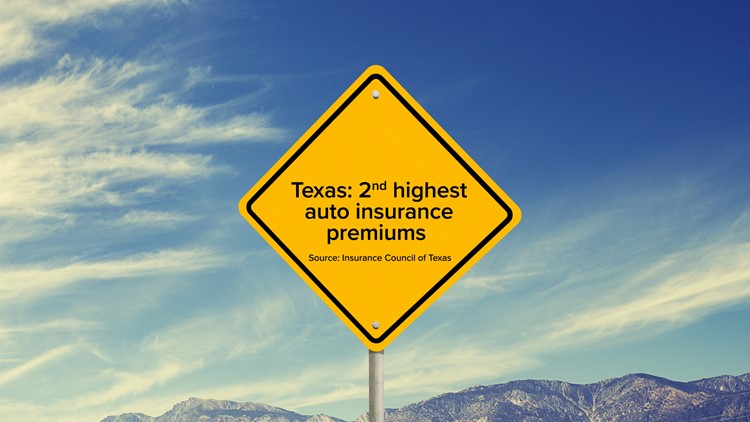 Insurance statistics show auto damage losses accelerating in Texas in recent years.
Insurance statistics show auto damage losses accelerating in Texas in recent years.
FORT WORTH, Texas — The biggest concern following Thursday morning’s chain-reaction crash in Fort Worth is for the loss of life and the injuries that resulted from it.
At some point, though, insurance companies will begin trying to detangle the pileup to figure out how to pay what will be an enormous cost for the damage.
This incident adds to an already bad trend line for Texas.
According to a Texas Department of Insurance report, insurance companies in Texas paid out nearly $14.9 billion in auto claims in 2019–an increase of almost $1.6 billion from the year before.
The payouts for auto losses were more than twice the amount paid out for homeowners’ losses in 2019, which came in at almost $6.5 billion.
Texas now has the second-highest auto insurance premiums in the country, according to data from the Insurance Council of Texas.
The Texas Department of Housing and Community Affairs is using $1.3 billion in federal COVID-19 relief to pay rent and utilities for people who are struggling. The program is called Texas Rent Relief. That’s a win-win for tenants and property owners, and either of them can apply for this assistance, which can be backdated all the way to last March.
The fine print is always important, but the language here is pretty straightforward and broad. For instance, you can qualify for help if you were unemployed or if you are struggling “due to” or just “during” the pandemic. In addition to that, you must have a household income at or below 80 percent of the Area Median Income (AMI). That income limit varies based on how many people live in the household.
Texans can start applying either by phone or online on Monday, Feb. 15. But tenants and landlords can take several important steps before they apply. See the two sections on this site labeled “What can I do before February 15 to get ready?”

